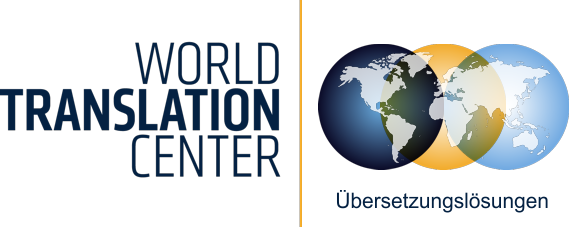WORLD TRANSLATION CENTER IST EIN FÜHRENDER ANBIETER VON SPRACHÜBERSETZUNGEN UND SPRACHAUFNAHMEN DURCH PROFIS ÜBERALL AUF DER WELT.
Recent Blog Posts
Review is Important
When quoting a translation job, we are often asked not only the cost of a second review, but also the purpose of one. Understandably, I suppose, many people think that a translation should be done correctly the first time. Recently, the answers to these questions became painfully clear to Coca-Cola Refreshment Canada when they had to issue an apology after printing an offensive message on a bottle cap of one of their products, meant for a competition which paired one English word with one in French. The two words were “YOU” and “RETARD”. In French, “RETARD” means late, but in English, it has a much different and offensive connotation. Coca-Cola’s apology included the fact that the word’s English meaning was missed during the review process.
Do you just hear me?
All of us have experienced hearing what the other had to say, but not truly understanding what they meant. The reason can vary from words in English being pronounced differently from a ‘neutral English’ in some regions, to totally different meanings of the same word or expression.
For example, here in the South we have:
Different Southern pronunciation:
“You don’t have to be Eyetalyun to like spaghetti”
“Never underestimate the pare of a woman”
Different Southern meaning:
“Come here and give your momma some sugar (= as kiss)”
“That boy sure does favor (resembles) his daddy, don’t he?”
UNTRANSLATABLE?
It’s not that some words are not translatable, it’s that there is not one single word in one language that will capture the essence of the concept from another language. Depending on the languages, translations can result in 15% – 25% more translated (or target) words than source words. It’s a matter of cultural differences and how they shape our language.


